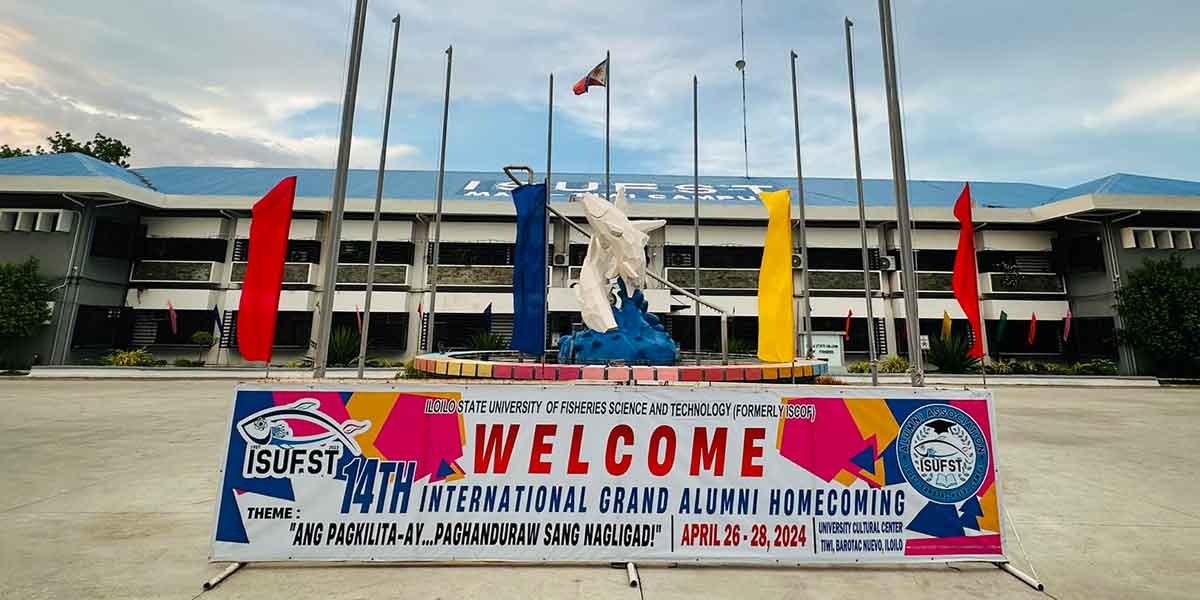
TO CULMINATE the celebration of National Womens Month 2019, the Regional Gender and Development Committee (RGADC) of the Regional Development Council (RDC) VI, in partnership with the Philippine Commission on Women (PCW) conducted a forum entitled Empowering Women and Girls through Local Governance on March 29, 2019 at the RDC Conference Hall, NEDA-VI Office.
82 representatives from local government units, national government agencies, and civil society organizations across Western Visayas joined the forum.
The local government forum looked into disparities/gaps in policy formulation and in the delivery of services in varying contexts among provincial LGUs.
It also recognized LGU & CSO efforts in GAD mainstreaming and advocacy to eventually explore possible strategies in addressing gender issues at the LGU level.
The presentations of the six provinces highlighted 5-year trends in GAD Budget utilization, GAD-related data generation, initiatives that promote the empowerment of women and girl-children, implemented strategies on GAD and capacity development activities.

Jocelyn T. Bellin of the PCW gave a brief overview of the recently launched Gender-Responsive LGU (GeRL) Assessment Tool (formerly called the GeRLKa Ba?) This tool was designed to measure the extent of gender responsiveness of LGUs and in the delivery of basic services and facilities.
In her synthesis, Ms. Fe Quanico-Salcedo, a GAD consultant, elaborated on the following gaps and disparities:
- services are generally related to the reproductive and traditional role of women;
- inadequate visibility of gender equality and women empowerment results; and
- the need to translate GAD policies, particularly the Magna Carta for Women (MCW) into concrete PPAs from the grassroots to the provincial LGUs.
As reactor, Salcedo she recommends the following:
- linking GAD Code and GAD-related policies with strategies and PPAs;
- integration of GAD mechanism from the grassroots, B/M/PLGU, women and men, LGBTQ+ groups, NGO/CSO/Private sector- government to make the service delivery seamless;
- forming a systematic replication of GAD best practices; and
- transparency in the GAD Budget utilization.
RGADC-6 awarded plaques of citation for the initiatives and efforts of three civil society organizations in Western Visayas in GAD-related advocacy and services. These are Cameleon, Inc. (a rehabilitation center for girl-children who are victim-survivors of rape); the Men Opposed to Violence Everywhere (MOVE) Aklan Chapter; and the Confederation of Indigenous Peoples Organizations in Southern Negros Occidental (CIPOSNO). (IGPahila/DRD-NEDA VI)





















